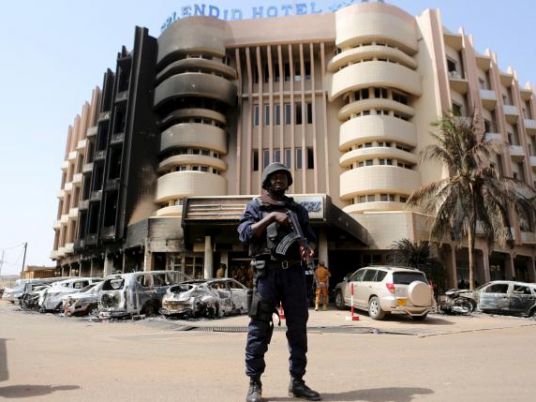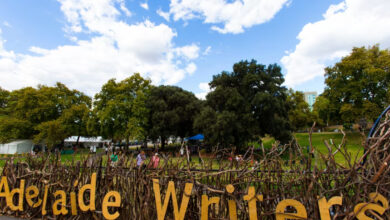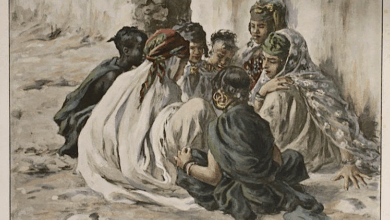
Islamic extremists have freed an Australian woman kidnapped last month in northern Burkina Faso, although her husband remains in captivity despite pleas from the family and efforts by officials to secure his release.
Jocelyn Elliott and her husband — surgeon Ken Elliott — were kidnapped on Jan. 15 near the Burkina Faso town of Djibo, where they have run a medical clinic for four decades. Al-Qaeda's North Africa wing claimed responsibility for the kidnapping, though the group said in an audio recording Friday that it would release Jocelyn Elliott so as "not to make women involved in the war." Both Elliotts are in their 80s.
On Saturday, Jocelyn Elliott was freed in neighboring Niger, where she appeared alongside President Mahamadou Issoufou in the town of Dosso, located about 90 miles (140 kilometers) southeast of the capital, Niamey.
Issoufou worked with Burkina Faso intelligence services to secure her release, said Abdourahmane Alilou, a spokesman for Niger's president.
On Sunday, Australian media carried a statement from the Elliotts' family urging that Ken Elliott also be freed.
"We are trusting that the moral and guiding principles of those who have released our Mother will also be applied to our elderly father who has served the community of Djibo and the Sahel for more than half his lifetime," the statement said.
The militant group behind the kidnapping, Al-Qaeda in the Islamic Maghreb, rose to prominence in large part through kidnap-for-ransom operations targeting foreign aid workers and tourists.
In recent months, the group has grabbed headlines with claims of responsibility for high-profile strikes in West Africa, killing 20 people in an attack on a hotel in Mali's capital in November and 30 people in an attack in Burkina Faso's capital the same day the Elliotts were kidnapped.
Australia's Prime Minister Malcolm Turnbull pledged to continue working with regional governments to secure Ken Elliott's release.
"We're dealing with a difficult diplomatic situation and the Burkina Faso government is working very well on it and we'll continue to stay in touch with them," he told the Australian Broadcasting Corporation.




